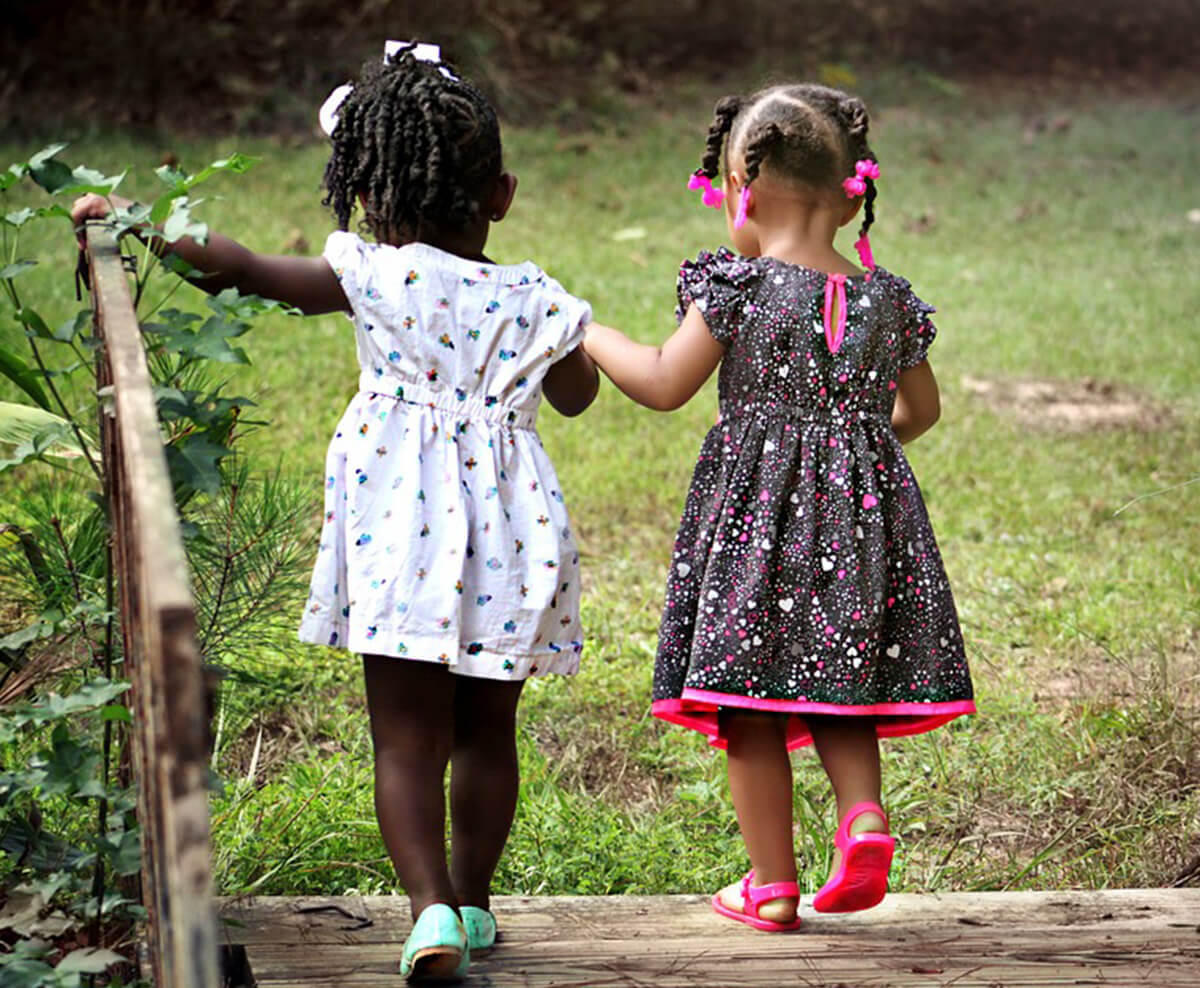How to Help Children Deal with Change
Changes can be hard enough for adults to adapt to. But can you imagine their impact on children? Changes like moving houses, changing schools, hospital stays, friends moving away, and other situations can cause significant stress on young, developing minds. As parents, teachers, or guardians, it is our duty to help our children deal with the more challenging changes that life throws their way. Here are some ideas on how to start.
Help Them Develop Theory of Mind
Theory of mind is the fundamental ability to recognize the perspectives, preferences, and emotions of others as different and separate from your own. Sarah Lytle of the University of Washington’s Institute for Learning and Brain Sciences explains that theory of mind is crucial in developing empathy, making friends, and even improving academic performance. It is from the ages of three to four when this ability starts to develop. You can help this process along by doing a classic theory of mind experiment with your child.
Tell them this story: Sally has a box, while Annie has a basket. Sally puts an object of hers inside the box and leaves. Annie takes the object from the box and puts it in her basket. Ask your child: Where will Sally look for the object when she returns? If your child correctly answers that Sally will look inside her basket, they understand that Sally’s perspective is different from her own. You can help your child develop theory of mind.
For instance, simply telling your child about how you or others might feel about their words and actions can be a great way to develop perspective. “You hurt your brother/sister/classmate with what you said. Can you see that? We all know what it’s like to have our feelings hurt.” You can also tell them how a particular behavior (positive or negative) impacts you as their parent. If they’re involved in an incident at the playground, ask your child to consider how their actions affected another child. While using the simplest language possible, allow your child to learn how their actions have an effect on the individual lives and perspectives of others. Children who know how to step outside themselves and into the shoes of others will ultimately be better at handling future changes involving friends or family members.
Guide Them Through Transitions
Dr. Tovah P. Klein suggests that children less than five years of age love routine. And while they may be sensitive to certain changes or transitions this early in their lives, children are also extremely resilient. With the right parental co-regulation and mental tools, children can be taught to cope with almost any major change in life.
One way to do this is to teach your child how to sequence: Walk them through and let them recount the steps of dressing up to go out, taking a bath, or going to school. Thinking of what’s first and what’s next in any given situation shows them that they can plan for their future and that it doesn’t always have to be a big, disruptive unknown. Actively guide them through difficult transitions whenever you can.
Remind them of when a certain situation is ending, and describe what might happen next. For a child who finds it difficult to calm down and go to bed, routine is crucial. Reviewing the steps towards bedtime is reassuring to children and helps them manage expectations. The same sequencing technique may also be effective in helping a child manage their anxiety on the first day of kindergarten. “First, we will walk to your classroom together to meet your classmates and your teacher. Then we can hug each other and say goodbye. After that, your teacher will tell you what to do next. Your teacher will always tell you what is coming next and pretty soon you will know what a normal day at school looks like! Later today, after a few hours, I will pick you up right here at this door and we’ll go home together and you can tell me all about your day!” Include more details of what they can expect throughout the day. Letting your child know what’s coming makes it easier for them to regulate their behavior towards being more receptive of changes in the future.
Anxiety Management for Kids
Stressful situations are natural parts of childhood. Some would even say that it’s the very stuff of growing up. From the time that kids are first challenged to learn a language to when they need to interact with others, they’re forced to overcome stress and adversity. In some children, this can translate to anxiety. And when that happens, it is the parent or guardian’s job to equip the child with the necessary tools to regulate their emotions. Practice healthy co-regulation by teaching your child about mindfulness – having a gentle, accepting, and non-judgmental attitude about whatever is presently happening. Apart from managing anxiety, mindfulness is especially helpful for developing focus, patience, self-regulation, and cognitive control in children.
What’s important to understand about mindfulness is that it can’t be outsourced, explains Susan Kaiser Greenland via the New York Times. Teaching mindfulness first entails practicing it yourself. If you can be peaceful, accepting, and kind about stressful situations in front of and with your child, the easier it will be for you to impart these same behaviors to your child. Most child specialists agree that modeling mindfulness is the best way to teach your child to develop the practice and co-regulate their anxiety. This is especially crucial because children are at an age wherein they can easily integrate learned behaviors and attitudes into adulthood. The earlier your child learns to face adversity, the better they can manage any type of anxiety.
Keep Learning
The Internet provides access to tons of research related to education and child psychology. In fact, many academic institutions make their scientific research on the topic available for public consumption. Maryville University explains how newfound connections between learning and mental health are now sparking a demand for professionals who understand the relationship between psychology and education. It is extremely important for parents to recognize this link at the start of a child’s life. Ultimately, it can shape how they learn and relate to others around them for the years to come. When your child is better equipped at handling transitions, including the anxiety that sometimes comes with certain changes, it will in turn be easier for them to learn new things and embrace formal education.
Look into news or guides on how to raise children to be kind and empathic. The more you know about the current psychological issues and trends, particularly when it comes to education or child/developmental psychology, the better you can help your child cope with difficult life changes. Be sure to always observe how your child is coping with change so that you can adjust your methods of support accordingly. If you yourself are facing emotional dilemmas that you need help with, Foundations Family Counseling can assist you in coping with these issues. The healthier and the more knowledgeable you are about mental health, the better you can help your child learn and grow into a healthy, well-adjusted adult.
Exclusively written for FoundationsFamilyCounseling.com
By: Niamh Hallie




